Kami, Japanese Gods and Goddesses
Por um escritor misterioso
Descrição
Japanese mythology is a source of fascinating stories and legends full of twists and turns. In the founding myths of Japan, we can find the kami, famous gods and goddesses originating from the oldest beliefs of the Land of the Rising Sun. Kamis are deities or spirits of the Shinto religion that are found in nature. They are related to cosmic forces and can even embody the souls of deceased people. They are the spirits of ancestors, places, natural elements, or deceased emperors, that rule over Japan. Discover the meaning of the word kami, the different types of spirits, gods and deities, their history in the Shinto religion and the most famous Japanese ones! Kami: definition and etymology Representation of the goddess Amaterasu leaving the cave, by Shunsai Toshimasa. "Kami" means "spirit" or "superior" in Japanese and refers to all spiritual entities
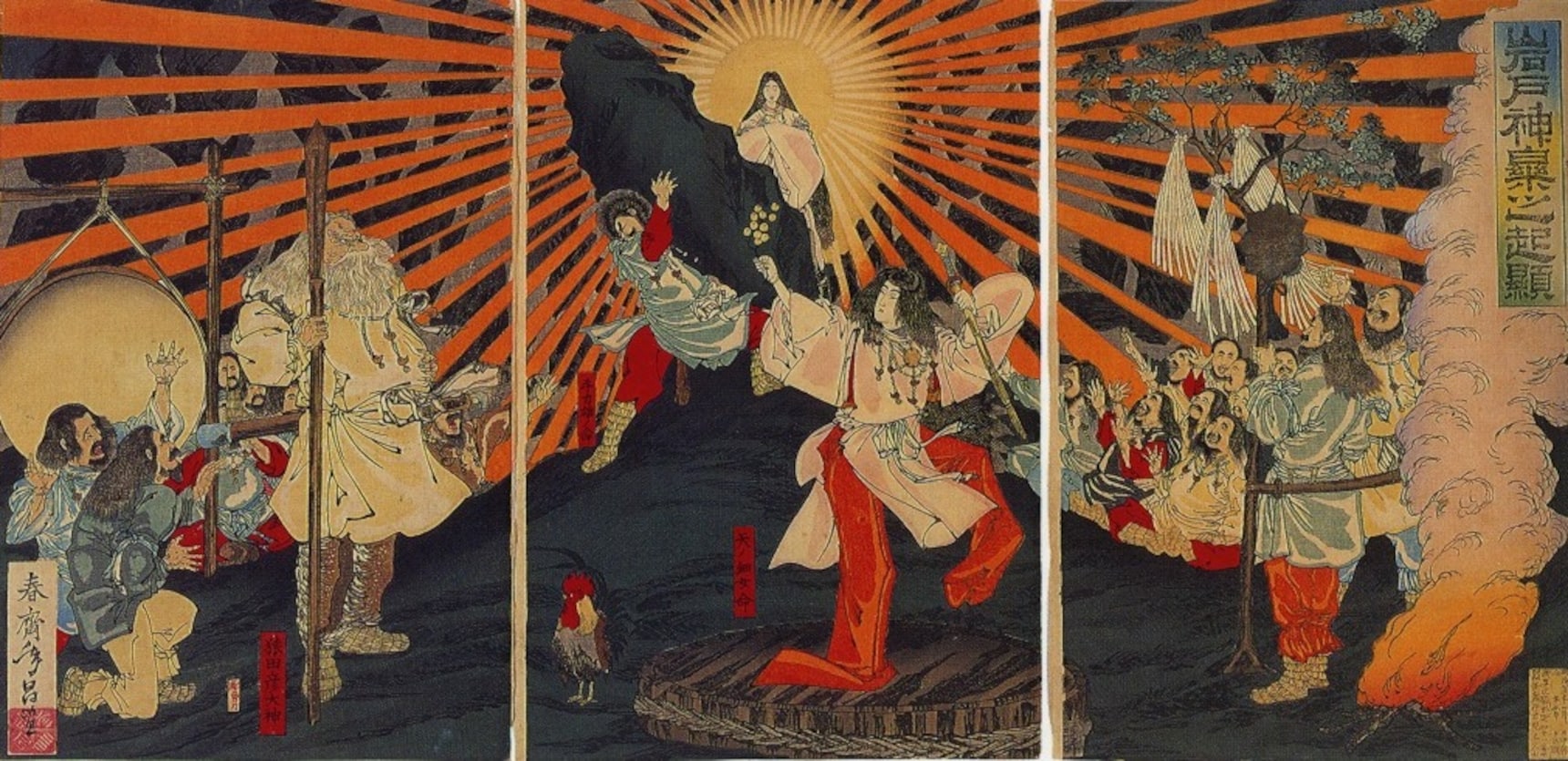
10 Iconic Japanese Gods

Kami, Japanese Gods and Goddesses

The Age of the Gods: A Japanese Creation Myth
Japanese Kami God Goddess Deities stick figure icons. Vector illustration of Japan popular gods lords Jizo, Inari Okami, Raijin Fujin, Agyo Ungyo,
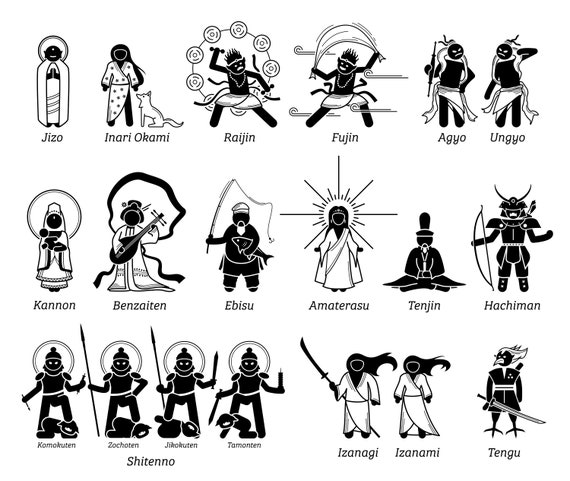
Japan Japanese Kami God Gods Goddess Goddesses Deity Deities Lord Asia Asian Ancient Traditional Worship Spirit Icons SVG PNG EPS Vector

Gods and Deities - Ancient Japan
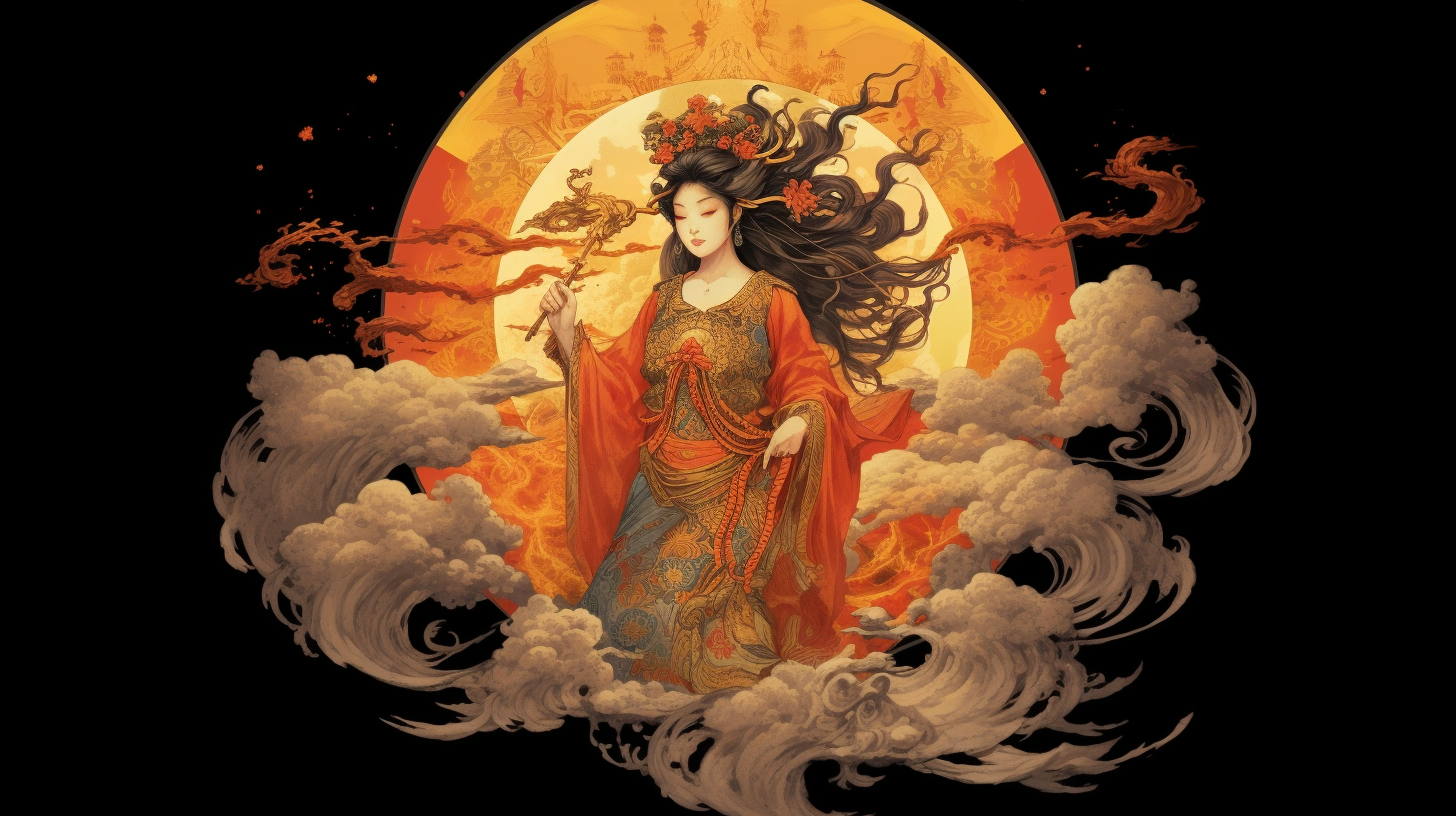
Goddess Amaterasu: The Highest deity of Japanese Mythology - Old World Gods

Tsukuyomi kami japanese mythology shinto god of the moon Stock Vector

Japanese god : the fantastic deities list – KimuraKami
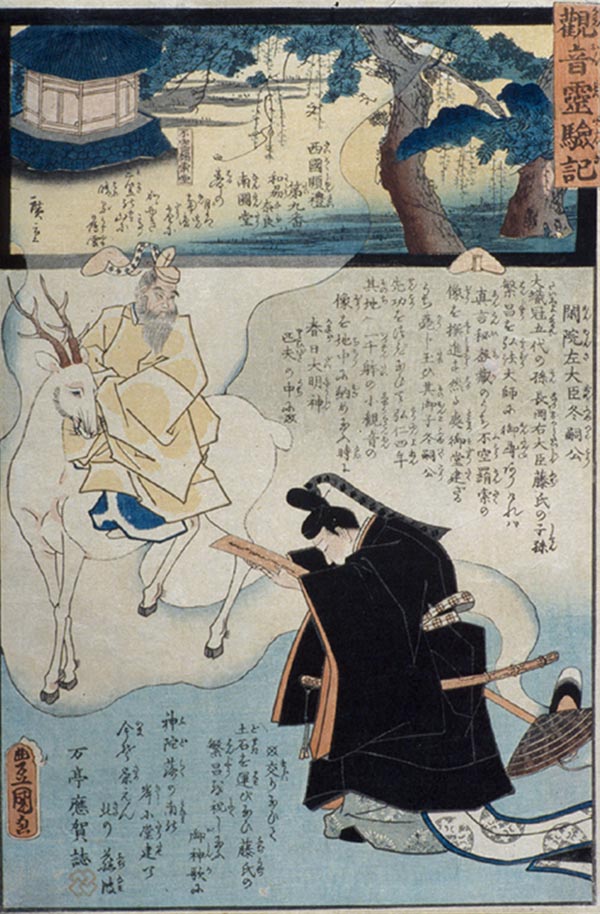
Nature/Supernature - Supernature - Kami

13 Iconic Japanese Gods Everyone Should Know About
de
por adulto (o preço varia de acordo com o tamanho do grupo)



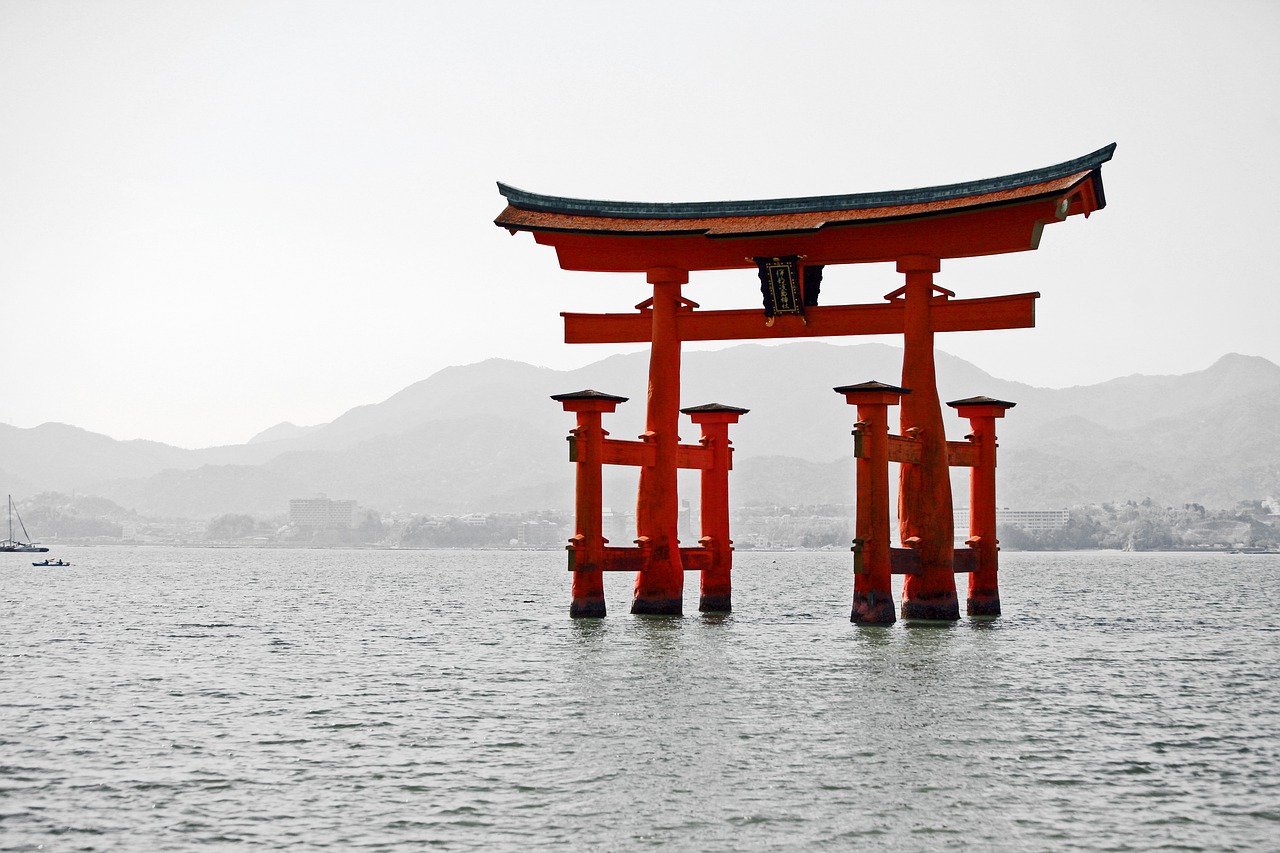

:quality(75)/cloudfront-us-east-1.images.arcpublishing.com/elcomercio/JTEZKS4C75CTDCPRYMVFNC3IEU.jpg)

